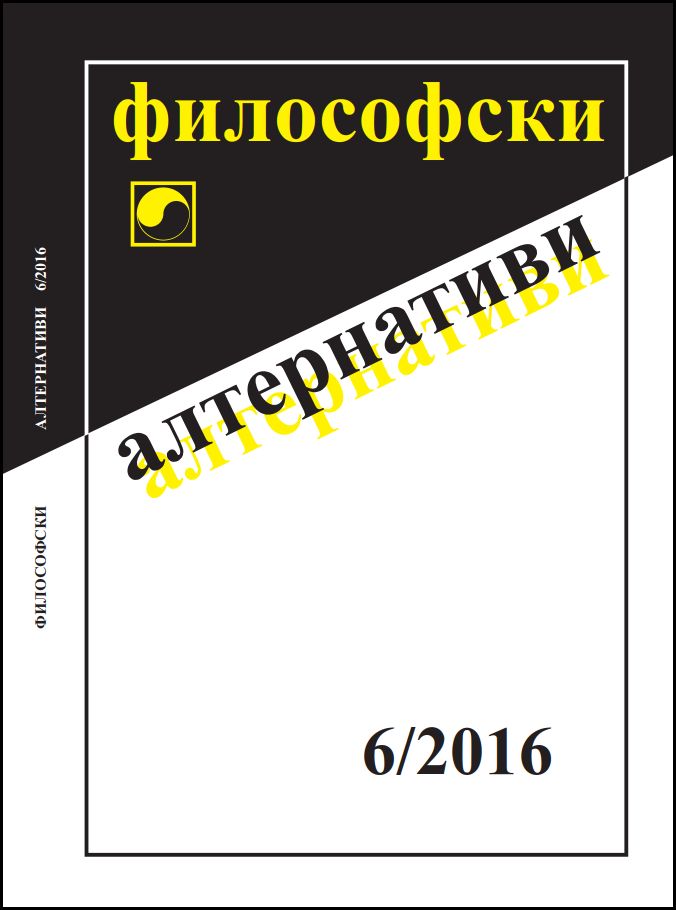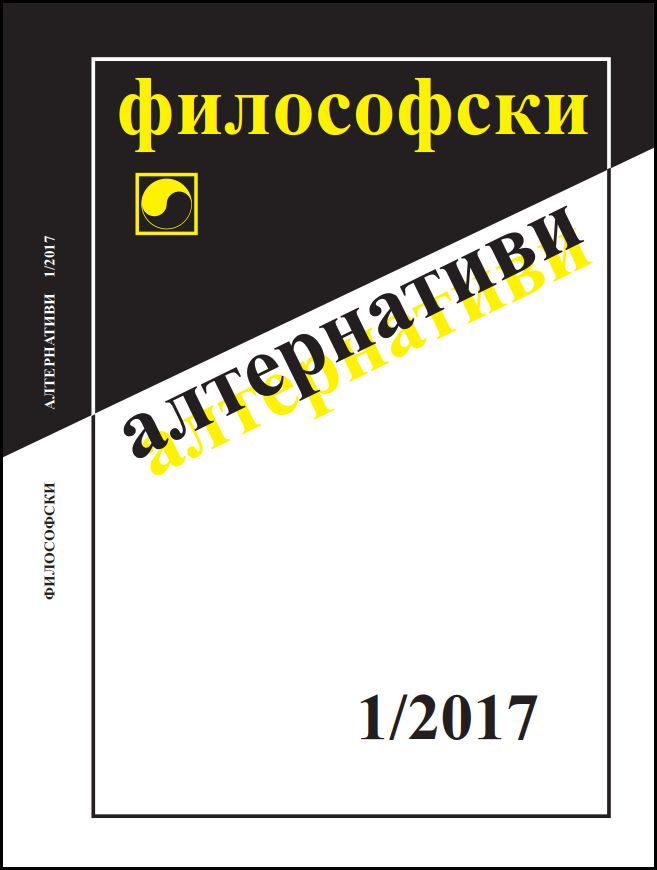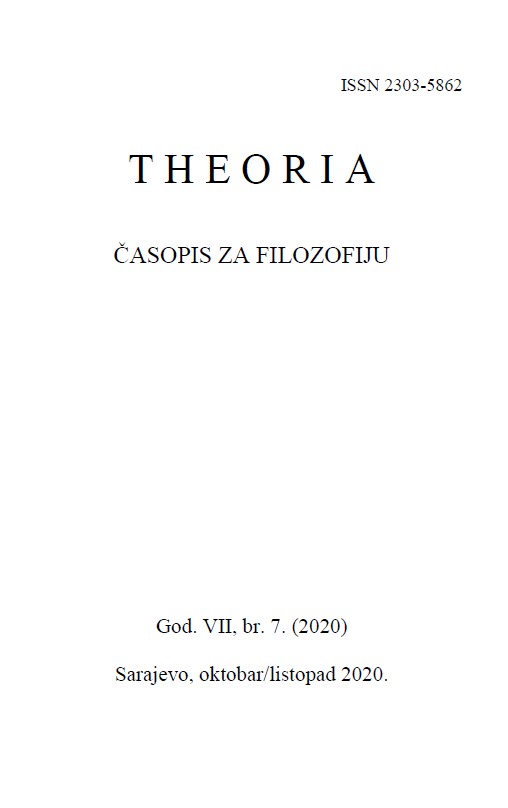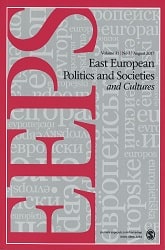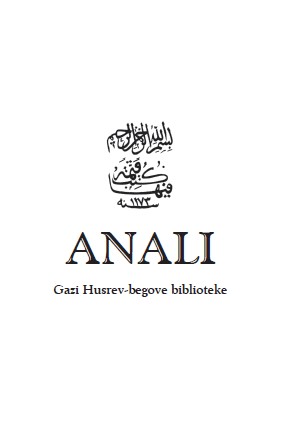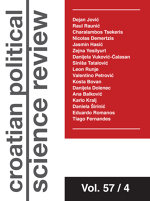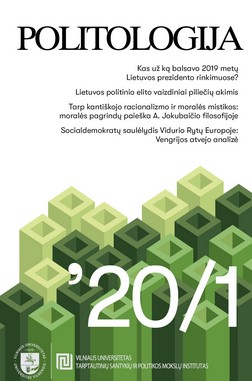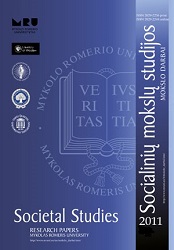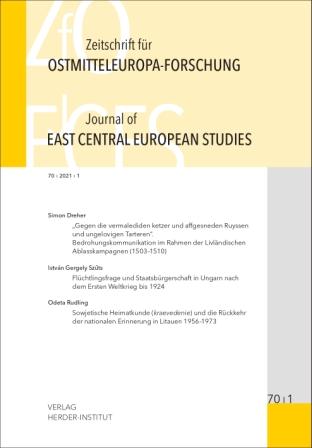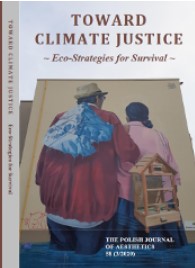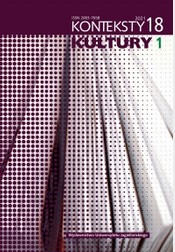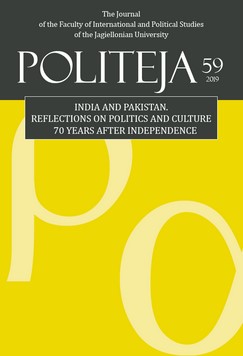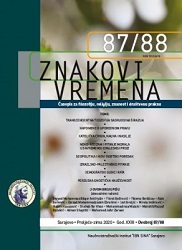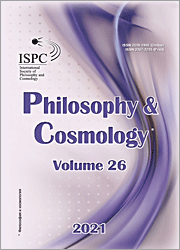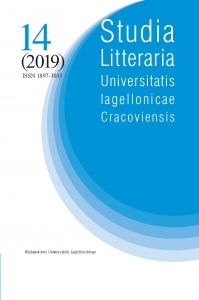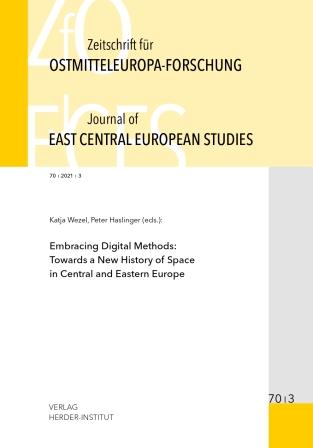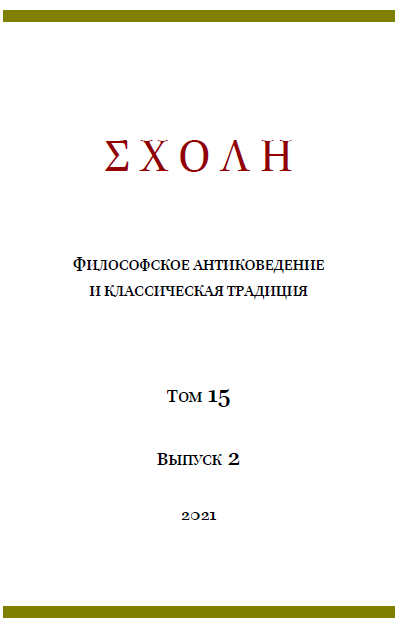LIETUVIŠKOJO PASAULIO FILOSOFINIAI AKIRAČIAI AMŽIŲ TĖKMĖJE
The first Lithuanians to be introduced to philosophy were young members of the gentry who studied in European universities at the end of the 14th century. The graduates of European universities introduced Renaissance ideas to Lithuanian society and applied a new humanist philosophical mentality in their own historical, fictional and public writings. The growth of the political and economic power of the Grand Duchy of Lithuania brought about the need of higher education. The need was significantly increased by the growing activity of various religious orders. In 1507 the Dominicans started teaching philosophy and theology to their novices in Vilnius. They were able to teach late medieval philosophy in its thomistic interpretation. We can regard 1507 as the year Lithuania benefited from a new phenomenon, professional philosophy, and the Dominicans as its initiators. The secular academic teaching was launched by the Jesuits. The most important event in the development of philosophy in Lithuania was the foundation of Vilnius University in 1579. The disciplines usual to second level scholastics were thought in the department of philosophy. At Vilnius University, along with scholastic theories of natural philosophy, Renaissance and modern theories of nature were studied. In the mid 18th, century philosophy in Lithuania entered a new period of development which marked the end of scholastics and the spread of the philosophy of modern times. In the 19th century, the Vilnius epistemological school was formed and the romantic philosophy spread. When the University of Lithuania was founded in 1922, studies of philosophy were concentrated in two faculties: Theological-philosophical and the Humanities. The Theological-philosophical faculty became the main centre of philosophic studies and Catholic philosophy. The Lithuanian philosophical tradition was interrupted by soviet occupation. At that time the propagation of the best ideas of philosophical heritage of the world roused and strengthened national consciousness and sustained national mentality. Writings of the émigré authors also signify the continuity of Lithuanian philosophy. With Lithuania’s statehood reestablished, the free country provides for philosophers the freedom of search.
More...
